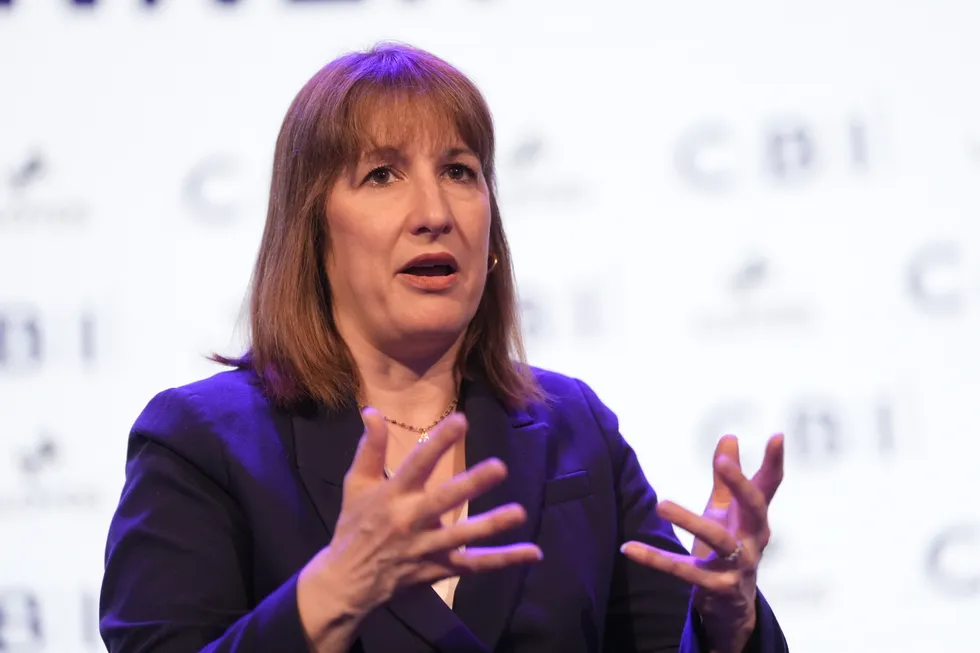Imagine you’ve built a successful business over decades, only to feel pushed out of your home country by new tax policies.
That’s the worry bubbling up in the UK as Labour mulls over ways to plug a massive hole in the public finances — and talk of a wealth tax is stirring up serious concern.
Growing Anxiety Over Labour’s Plans
The Labour government, under mounting pressure to balance the books, is facing growing criticism from entrepreneurs and investors.
As the Autumn Budget approaches, there’s increasing speculation about how Chancellor Rachel Reeves plans to fill what could be a £30–£31 billion gap.
While Reeves insists she won’t raise income tax, VAT, or employee national insurance, the looming shortfall has analysts bracing for tough choices.
One of the most controversial ideas on the table?
A wealth tax targeting the ultra-rich.
Experts Call It a Fantasy
Tax experts, economists, and even some Labour supporters are warning against it.
They point to international examples like Spain, where similar wealth taxes failed to deliver the kind of revenue that was promised — often bringing in far less than expected.
Dan Neidle, a respected tax lawyer, dismissed the proposal as “fantasy politics,” saying real-world examples show these taxes often hit the middle class more than billionaires — and get scrapped eventually.
Lord Macpherson, a former top official at the Treasury, echoed the sentiment, warning that wealth taxes are “great in theory but never work in practice.”
He argued it would simply drive billionaires out of the UK, just like the recent changes to the non-dom rules.
Business Tycoon Warns of an Exodus
John Caudwell, the billionaire behind Phones 4u who surprisingly supported Labour during the election, has also spoken up.
At a launch event for his charity, Caudwell Youth, he said he could get behind a global wealth tax — but not a UK-only version.
He pointed out that recent changes, including higher minimum wages and increased national insurance for employers, have already made it harder to do business.
“You can do some of those things,” he said, “but not all at once.”
Caudwell also revealed that many wealthy individuals are already relocating — to places like Monaco and Dubai — to avoid a potential tax hit.
“A wealth tax would be destructive,” he added, emphasizing that his concern isn’t about protecting his fortune, as he’s already donating most of it.
Labour Ministers Dance Around the Issue
So far, Labour ministers have carefully avoided giving clear answers.
Transport Secretary Heidi Alexander, in a recent interview, didn’t deny the possibility of a wealth tax.
She simply stated that “fairness” would be the guiding principle in future tax decisions.
Reeves herself has previously said she’s “not interested in a wealth tax.”
But Downing Street hasn’t fully ruled it out either, saying any announcements would come during the Budget.
Kinnock’s Wealth Tax Pitch
Former Labour leader Lord Kinnock threw fuel on the fire over the weekend by suggesting a 2% levy on assets over £10 million.
He believes the tax could bring in around £11 billion a year — and claims it would be popular with most of the public.
However, critics say that implementing such a tax isn’t as simple as it sounds.
Key questions remain: What kinds of assets would be taxed?
Would businesses, homes, or savings be included?
And could this cause even more wealthy people to leave the UK?
Tories Push Back
The Conservative Party hasn’t held back in its criticism.
Tory MPs argue that Labour’s plans are already scaring off investors, and warn that the wealthy aren’t the ones who’ll truly suffer — it’s workers, charities, and local economies that will bear the brunt.
Their message is simple: chase away job creators, and it’s everyday Britons who’ll pay the price.
Exploring Other Options to Tax the Rich
If a wealth tax proves too controversial, what are Labour’s alternatives?
Capital Gains Tax Adjustments
One option is increasing capital gains tax.
Right now, those selling assets like second homes or shares pay just 24% CGT, compared to the 40% rate on regular income for higher earners.
Aligning these rates could generate more revenue.
Raising the Top Rate of Income Tax
There’s also talk of increasing the top rate of income tax.
It was 50p under the last Labour government but was cut to 45p in 2013.
However, experts at the IFS say raising it again would make only a “marginal contribution” to the Treasury’s needs.
Asset-Based Charges
While Lord Kinnock’s proposal of a 2% levy on assets worth over £10 million is being floated, it’s riddled with complications.
How do you value private companies, property, or luxury goods fairly?
And will billionaires simply move their money — or themselves — elsewhere?
What Comes Next?
With the Autumn Budget looming, Chancellor Reeves has limited room to maneuver.
She’s promised not to touch certain tax levers and committed to keeping government borrowing under control.
But with a slowing economy and rising pressure on public services, something has to give.
Whether it’s a new form of wealth tax, a capital gains hike, or another surprise measure, all eyes are now on what Labour will announce — and how investors and the wealthy will react.
One thing’s for sure: the debate over how to tax the rich is just heating up.

